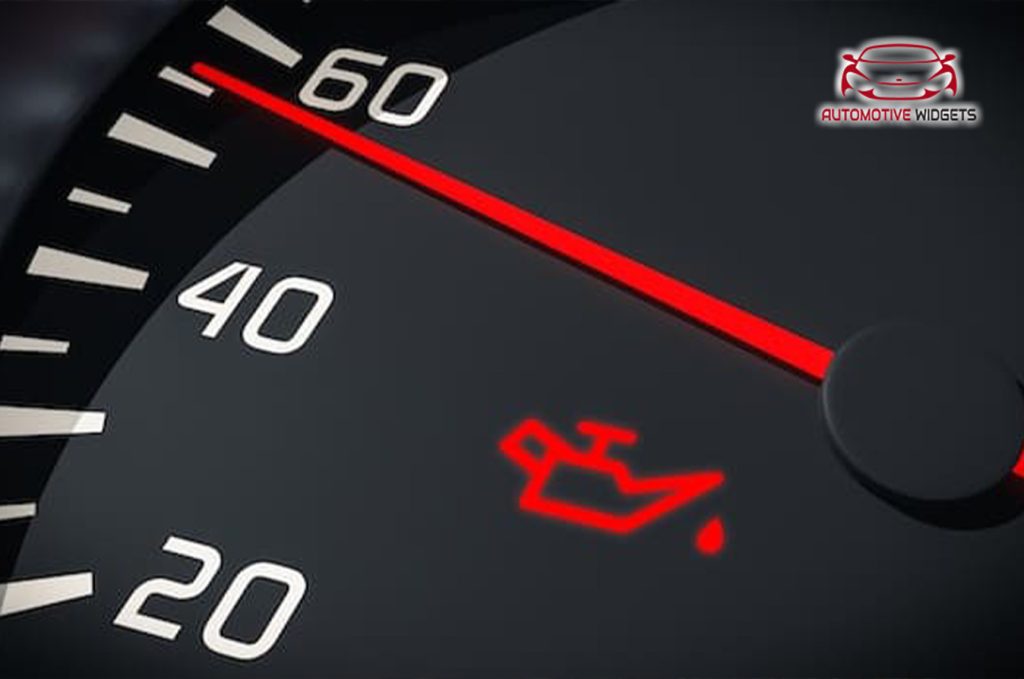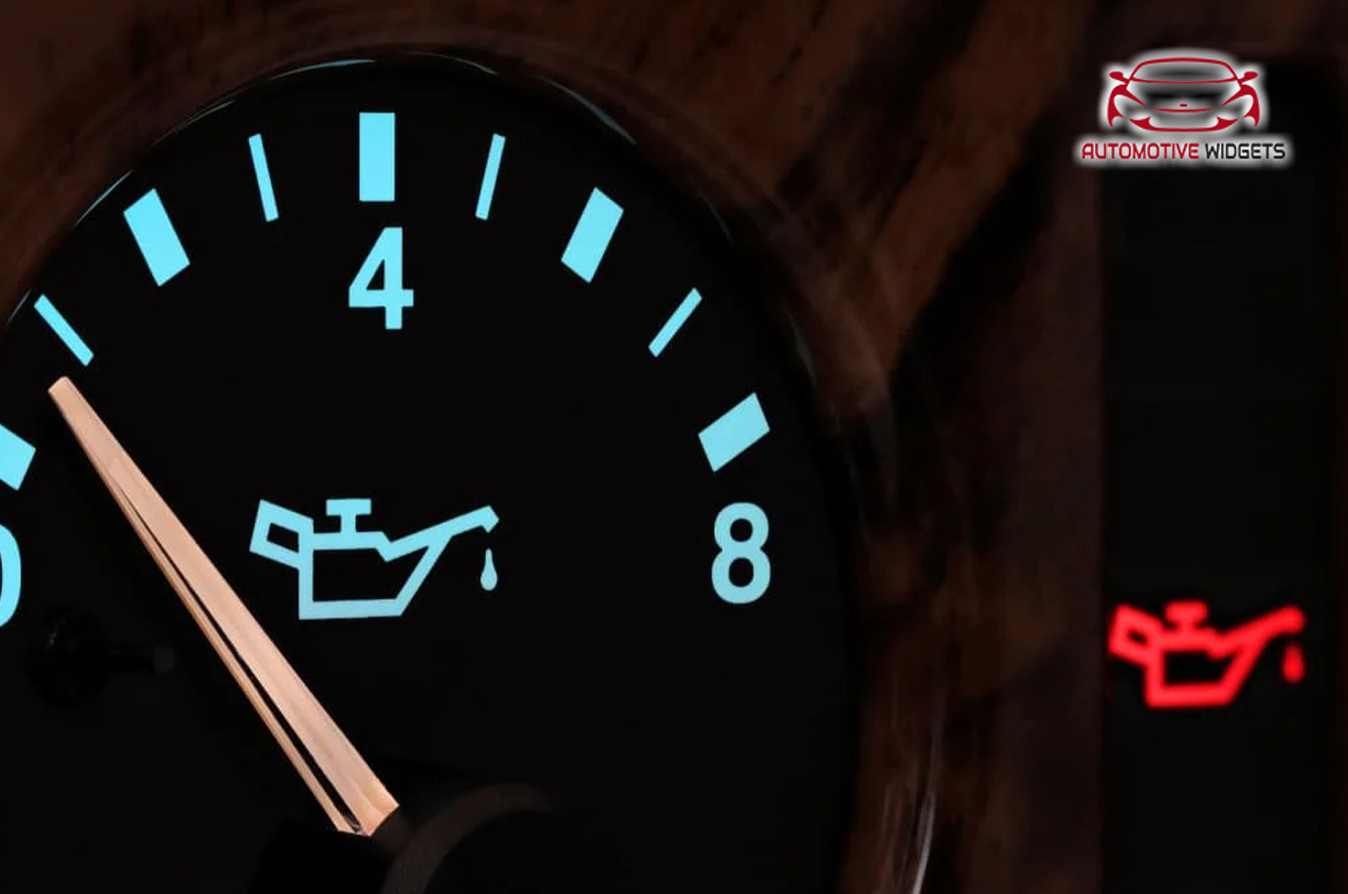The oil pressure in a car’s engine is the measure of how much force is exerted on the oil by the rotating components. It is typically expressed in pounds per square inch (PSI). The ideal oil pressure for a car’s engine depends on the make and model of the vehicle, as well as the driving conditions.
However, a good rule of thumb is that oil pressure should be between 20 and 60 PSI when the engine is at operating temperature.
A good oil psi is one that is within the manufacturer’s specified range for your vehicle. It is important to check your oil pressure regularly to ensure that it is within this range. If it is not, it could indicate a problem with your engine.
What Psi is Too High for Oil Pressure?
Oil pressure is one of the most important things to monitor in your car. If the oil pressure is too high, it can cause serious damage to your engine. So what PSI is too high for oil pressure?
The answer varies depending on the make and model of your car, but generally speaking, anything over 80 PSI is too high. Most engines will have a maximum operating pressure of around 60-70 PSI, so anything above that is cause for concern.
If you’re seeing high oil pressure readings on your dash, it’s important to take action immediately.
Pull over and shut off the engine as soon as possible. Then check the oil level and add more if necessary. If you don’t have any oil with you, call a tow truck and have your car taken to a nearby service station.
Don’t ignore high oil pressure! It could be a sign of a serious problem and could lead to expensive repairs down the road. Pay attention to your dash readings and take action if needed – your engine will thank you for it!
Is 20 Psi OK for Oil Pressure?
Assuming you are talking about engine oil pressure, 20 PSI is not only “OK”, it is the standard or ideal pressure for most engines. Oil pressure should be checked when the engine is cold and at idle. If it is below 20 PSI, there could be a problem with the oil pump or a clogged oil filter.
If it is above 40 PSI, there may be too much pressure in the system which can cause leaks.
Is 40 Psi Oil Pressure Good at Idle?
Assuming you are asking about a car with a gasoline engine, 40 PSI is a bit low for oil pressure at idle, but not dangerously so. Oil pressure should be between 30 and 50 PSI when the engine is at operating temperature; if it’s lower than that, there could be an issue with the oil pump or filter. If your car has been idling for a while and the oil pressure is still in the normal range, there’s no cause for concern.
What Should Oil Psi Be at Idle?
If your engine is idling and the oil pressure gauge is reading too low, there are a few things you can do to troubleshoot the issue. First, check the owner’s manual to see what the ideal oil pressure should be at idle for your particular vehicle. If the pressure is within the normal range, then no further action is necessary.
However, if the pressure is lower than what is considered normal, there are a few potential causes.
One possibility is that the oil level in the engine may be low. If this is the case, simply add more oil until it reaches the full line on the dipstick.
Another possibility is that there may be an issue with the oil pump or a blockage in one of the passages leading to it. This will require a mechanic’s help to diagnose and fix.
In either case, if you notice your oil pressure gauge reading lower than normal while idling, don’t ignore it!
Check your owner’s manual or consult a professional to get to the bottom of the problem and keep your engine running smoothly.
How important is engine oil pressure and how much oil pressure do you need? Engine oil pressure

What Should Oil Pressure Be at Idle
Oil pressure is one of the most important things to keep an eye on in your car. It’s a good indicator of the health of your engine and can help you avoid big problems down the road. So, what should oil pressure be at idle?
As a general rule, oil pressure should be between 20-40 psi at idle. However, this can vary depending on the make and model of your car as well as other factors such as temperature and oil viscosity. If you’re ever unsure, it’s always best to check with your owner’s manual or a trusted mechanic.
One thing to keep in mind is that oil pressure will usually drop when the engine is hot. So, if you’ve been driving for a while and then stop for a red light, don’t freak out if your oil pressure drops below 20 psi. It’s normal!
Just make sure it goes back up once you start driving again. If you notice that your oil pressure is consistently low or high (outside of the normal range), there could be a problem with your engine. Low oil pressure can be caused by something as simple as a dirty filter or old oil.
But it can also indicate more serious issues like worn bearings or piston rings. High oil pressure could mean that there’s too much oil in the system or that there’s an obstruction in the line somewhere. Again, it’s best to have this checked out by a professional just to be safe.
So there you have it! That’s everything you need to know about oil pressure at idle. Just remember to keep an eye on it and consult with a professional if anything seems off.
What Causes High Oil Pressure
Oil pressure is one of the most important things to monitor in your car. It can be an indication of a serious problem, and if it’s high, it can damage your engine. There are a few different things that can cause high oil pressure, and it’s important to know what they are so you can take care of the problem before it gets worse.
One of the most common causes of high oil pressure is a dirty or clogged oil filter. If your filter isn’t clean, it won’t be able to do its job properly and will allow dirt and debris to pass through into your engine. This can cause all sorts of problems, including high oil pressure.
To avoid this, make sure you regularly replace your oil filter according to the schedule in your owner’s manual. Another common cause of high oil pressure is a blockage in the lubrication system. This can happen if there’s something caught in the line or if there’s a build-up of sludge or other deposits.
If this happens, it’s usually because the engine isn’t getting enough oil, which means that there’s less lubrication and more friction. This can lead to all sorts of problems, including premature wear on engine parts and even engine failure. If you suspect that there might be a blockage in your lubrication system, have it checked out by a professional as soon as possible so they can fix the problem before it causes any damage?
Lastly, another potential cause of high oil pressure is simply having too much oil in the system. This could be because you accidentally overfilled it when changing your own oil or because someone else did when they last worked on your car. Either way, too much oil in the system can put unnecessary stress on engine parts and lead to leaks or other problems down the road.
What is High Oil Pressure
High oil pressure is a condition in which the oil pressure in an engine is higher than normal. This can be caused by a variety of factors, including a faulty oil pump, too much oil in the system, or a blocked oil passage. High oil pressure can lead to engine damage, so it is important to diagnose and fix the problem as soon as possible.
How to Fix High Oil Pressure
If your car’s oil pressure is too high, it can cause serious damage to the engine. The good news is that there are a few things you can do to fix the problem.
First, check the oil level and make sure it’s full.
If it’s low, add more oil until it reaches the proper level.
Next, check the condition of the oil. If it’s old or dirty, replace it with fresh oil.
If those two steps don’t fix the problem, there could be an issue with the oil pump or pressure relief valve. These are both critical components of the engine and need to be repaired or replaced by a qualified mechanic.
Conclusion
Oil pressure is one of the most important things to watch while driving. It’s a good idea to check your oil level and condition regularly. The ideal oil pressure for most engines is between 20 and 40 psi.




Leave a Reply